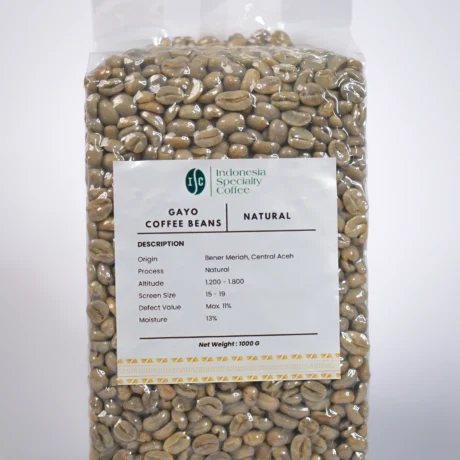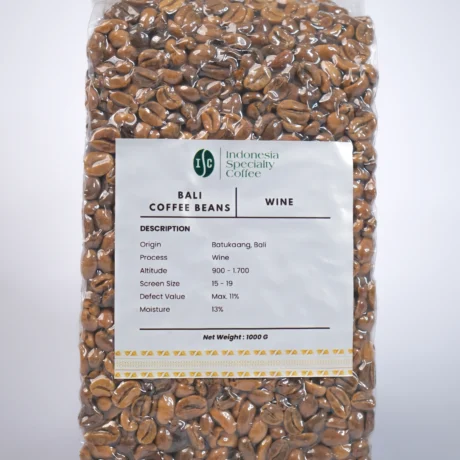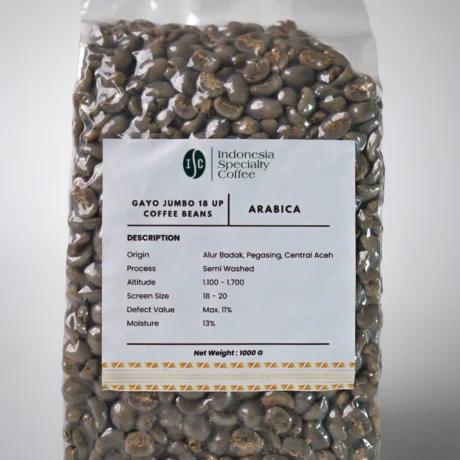Have you ever stopped to think about the journey of your morning cup of coffee? Beyond the rich aroma and comforting warmth, there’s a complex world of cultivation, economics, and environmental impact. Many of us reach for organic coffee, believing it’s the gold standard for sustainability and ethical sourcing. But what if the reality of organic coffee sustainability isn’t as clear-cut as the labels suggest? This deep dive will uncover some surprising truths about organic coffee, challenging common assumptions and revealing who truly benefits.
The Organic Ideal: A Closer Look at Organic Coffee Sustainability
For years, organic farming has been hailed as the solution to many agricultural woes. It promises environment-friendly practices, reduced health risks, and economic viability. Organic coffee, a subset of specialty coffees, fetches a premium price, largely due to consumer concerns about health and the environment, and sometimes, socio-economic issues affecting smallholder growers. Demand for organic coffee in Western Europe, North America, and Japan currently outstrips supply, which makes up less than 1% of global production. This growing demand highlights the perceived value of organic coffee sustainability.
The principles of organic farming, developed in Europe and the United States, guide certified organic coffee production:
- Composted Organic Matter: Emphasizes using composted organic matter to enhance soil quality, completely avoiding inorganic fertilizers.
- Soil Conservation: Practices like contour planting, terracing, cover crops, mulch, and shade trees are crucial for soil health.
- Natural Pest Control: Relies solely on “natural” methods for disease, pest, and weed control, banning synthetic pesticides.
- Minimal Fossil Fuel Use: Aims to reduce fossil fuel consumption throughout the production system.
- Low Environmental Pollution: Focuses on minimizing environmental pollution during post-harvest handling.
Sounds good, right? However, the path to certification is often “complex and expensive” , with growers bearing all costs. The premium received for certified organic coffee is typically no more than 20% above mainstream prices. This begs the question: are the rewards truly compensating for the “strenuous efforts” and “extreme preconditions” demanded by consumers in industrialized nations? This is a crucial aspect of organic coffee sustainability.
The Agronomic Reality: More Than Just Compost for Organic Coffee Sustainability
From an agricultural perspective, some core principles of organic coffee farming face significant criticism. Maintaining economically viable yields (around 1 ton of green coffee per hectare per year) often requires substantial external inputs of composted organic matter to meet nutrient demands, especially for nitrogen (N) and potassium (K). Many smallholders simply cannot access these quantities, leading to declining yields. This directly impacts the organic coffee sustainability of these farms.
Consider this: nitrogen is a key factor limiting productivity on organic farms , and while organic systems can supply large amounts of N, optimal levels are rarely achieved in practice. Composting, while beneficial for health and sanitation, actually reduces available nitrogen due to volatilization and transformation into stable organic forms.
Furthermore, organic farming doesn’t always reduce disease and pest incidence below economically damaging levels. In fact, the humid conditions in heavily shaded coffee farms can even encourage outbreaks of some diseases. These factors are vital when considering the overall organic coffee sustainability.
Economic Viability: A Bitter Brew for Organic Coffee Sustainability?
The economic side of organic coffee production presents an even starker picture. Studies comparing organic and conventional coffee farms reveal some uncomfortable truths. Organic coffee often results in 20-30% lower yields compared to shaded conventional coffee, and a staggering 40% lower than unshaded conventional coffee.
Despite the premium, net incomes for organic coffee farms were 25-50% lower than their conventionally managed counterparts. This disparity becomes even more pronounced during periods of low world market prices, pushing organic farms into the red faster than conventional ones, even with the premium. The significant costs of mandatory certification and inspection, which are often not included in these calculations, further erode profitability. This makes true organic coffee sustainability a challenge for many.
For millions of smallholder farmers who depend on coffee as their sole cash income, producing only 200-400 kg of green coffee per hectare annually under less favorable conditions, the organic farming movement offers little in terms of economic or social sustainability. The modest premium simply doesn’t compensate for the additional effort required to meet strict organic regulations.
The Path Forward: True Coffee Sustainability
The conclusion is clear: strict organic farming, when applied to coffee, isn’t always sustainable and doesn’t serve the best interests of producers and consumers as much as proponents might suggest. So, what is the answer to genuine coffee sustainability?
True sustainability in coffee production, whether you’re looking for the best Aceh Gayo green coffee beans or exploring the diverse flavors of Sumatra coffee, involves a multi-faceted approach. It requires applying best practices in:
- Agronomy: This includes soil conservation measures (with or without shade trees), and the strategic use of both organic and inorganic fertilizers to maintain optimum soil quality and nutrient levels. Did you know that inorganic fertilizers, when applied correctly, can actually increase soil organic matter by leading to higher crop residue returns?
- Crop Protection: Planting disease-resistant varieties and implementing Integrated Pest Management (IPM) are crucial to reduce crop losses from biotic stress factors. IPM, unlike strict organic methods, allows for carefully timed, incidental applications of selective, non-persistent insecticides when necessary, proving more effective for some pests.
- Post-Harvest Processing: Utilizing innovative processing equipment that reduces water consumption and improves coffee quality contributes significantly to environmental sustainability.
Ultimately, achieving economically and ecologically sustainable coffee production means moving beyond rigid ideologies. It means empowering farmers with the resources and knowledge to implement practices that genuinely enhance their livelihoods and protect the environment, ensuring that the journey from bean to brew is truly sustainable for everyone involved. This integrated approach is key to achieving real organic coffee sustainability. What steps can you take to support coffee practices that prioritize both people and planet?
Explore more about sustainable coffee practices and the fascinating world of coffee:
- Sustainable Coffee Production
- Coffee and Environmental Sustainability: Nurturing Bean, Protecting Planet
- Choosing the Best Aceh Gayo Green Coffee Beans: A Guide to Quality Selection
- Sumatra Coffee Taste Characteristics and the Best Brewing Method
- The Buzz Behind Industrial Coffee Plants: From Bean to Brew
Source : A CRITICAL ANALYSIS OF THE AGRONOMIC AND ECONOMIC SUSTAINABILITY OF ORGANIC COFFEE PRODUCTION





